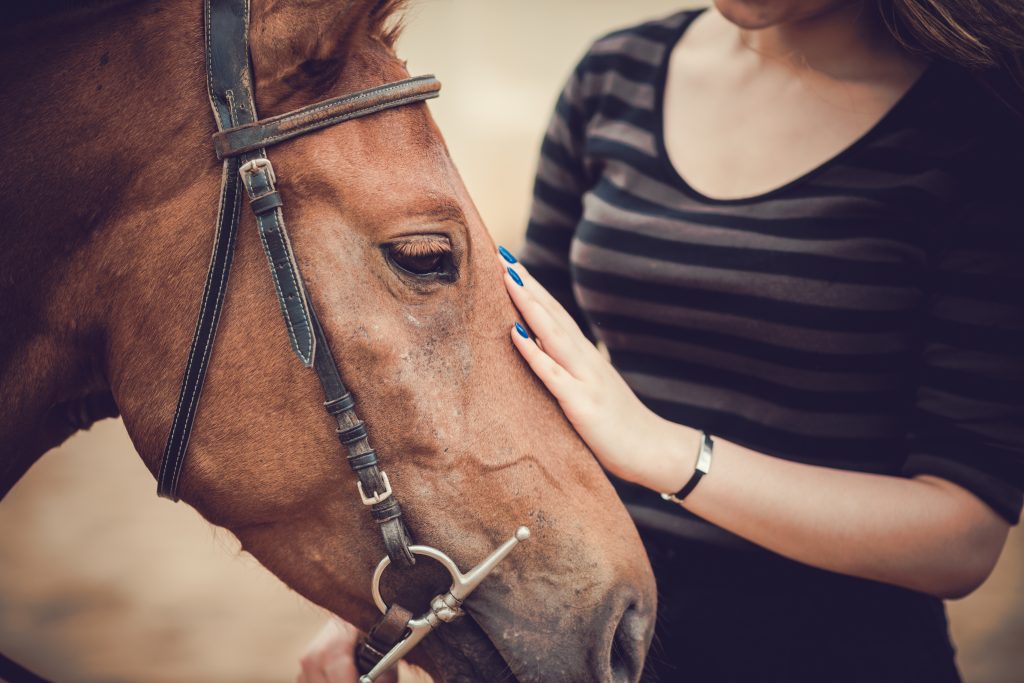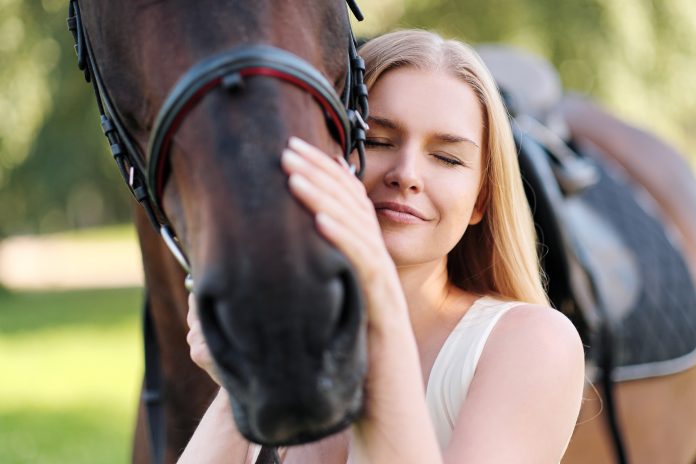Owning a horse is an exciting and rewarding experience, but it comes with its fair share of challenges. If you’re considering becoming a first-time horse owner, you’ve got a lot to learn. Horses are majestic, intelligent, and complex animals, and taking care of one requires dedication, time, and knowledge.
This post can be your guide to help you navigate horse ownership like a pro. Read on to learn more.
Know Your Commitment Level
Horses require daily care, and you’ll need to be ready to commit your time, energy, and money. Think about your schedule and whether you’ve got time every day to feed, groom, exercise, and check on your horse. Additionally, most equine breeds live a long time averaging in about three decades (and some living longer than that).
Thus, you need to be prepared for a long-term relationship. This isn’t a short-term decision but a lifelong investment.
Pick The Right Horse
Not all horses are the same. Some are better suited for beginners, while others require experienced handling. Research breeds, temperaments, and training levels before deciding.
If you’re new, go for a mature, well-trained horse rather than a young or green one. Older horses are more predictable and less likely to test your patience or skills.
Also, get a pre-purchase exam from a veterinarian. This step ensures the horse is healthy and free of any major issues. Trust your gut, too. If something feels off, don’t hesitate to walk away.

Forge A Strong Support Network
Horse ownership is a team effort. Surround yourself with knowledgeable people who can help you along the way. This includes veterinarians, farriers, trainers, and experienced horse owners. Aside from that, join local horse clubs or online communities. You’ll gain access to advice, resources like Annabel Neasham Racing and so on, and friendships that make the journey even more enjoyable.
Secure Proper Housing For Your Horse
Your horse’s living situation is crucial. They’ll need a safe and clean environment to thrive. There are two primary options: boarding at a stable or keeping them on your property.
If you don’t have land, boarding is a great option. You’ll pay a monthly fee, and the facility handles many daily tasks, like feeding and mucking stalls. Just make sure the stable has a good reputation. Meanwhile, if you have the space, keeping your horse at home can be incredibly rewarding. You’ll need a proper shelter, secure fencing, and adequate grazing or hay supply.
Understand Your Horse’s Nutritional Requirements
Horses need a balanced diet, which includes forage (like hay or pasture), grains, and supplements. Aside from that, fresh, clean water is non-negotiable for they can drink five to 10 gallons of water daily.
Keep an eye on your horse’s weight and overall health. Overfeeding or underfeeding can lead to serious health issues, so consult a veterinarian or equine nutritionist for guidance.
Master Equine Grooming Basics
Remember: regular grooming helps you spot cuts, swellings, or other problems with your horse’s health early on.
Use the right tools for the job. A curry comb, stiff brush, hoof pick, and soft brush are essentials. Spend time brushing their coat, cleaning their hooves, and checking their mane and tail for tangles or debris.
Lastly, grooming is also a bonding time. Your horse will appreciate the attention, and you’ll strengthen your relationship.
Invest In Equine Training
Work with an experienced trainer who understands your goals. Whether it’s riding for fun or competing, regular lessons will improve your skills and build your confidence. Besides, professional lessons can help you and your horse work together more effectively.
Consistency is key. Spend time training and riding your horse several times a week. It’ll keep both of you sharp and in sync.
Stay On Top Of Your Horse’s Health
A healthy horse is a happy horse. You’ll need to schedule regular vet check-ups, vaccinations, and dental care. Horses also need deworming every few months to keep parasites at bay.
Don’t forget about hoof care. Schedule regular farrier visits to trim hooves and ensure your horse is comfortable. Neglecting their hooves can lead to painful and costly problems.
And pay attention to your horse’s behavior. Changes in appetite, energy levels, or mood could signal a health issue. Act quickly if something seems wrong.
Anticipate The Costs
Horse ownership is expensive. Beyond the initial purchase, you’ll face ongoing expenses like feed, vet care, boarding, tack, and training.
Create a budget and stick to it. Unexpected costs can pop up, so it’s wise to have an emergency fund. Knowing you’ve got financial stability will make ownership less stressful.
Embrace The Journey
Owning a horse is about more than responsibilities. It’s also about the joy, connection, and growth that comes with it. Spend time bonding with your horse, whether that’s through riding, grooming, or simply hanging out in the pasture.
Celebrate small victories. Every milestone, no matter how small, is a step forward. Be patient with yourself and your horse, and remember that learning new things is part of the process.
Final Words
Horse ownership is a journey full of highs and lows, but it’s undeniably rewarding. By understanding your commitment, choosing the right horse, prioritizing their care, and so on, you’ll set yourself up for success.

